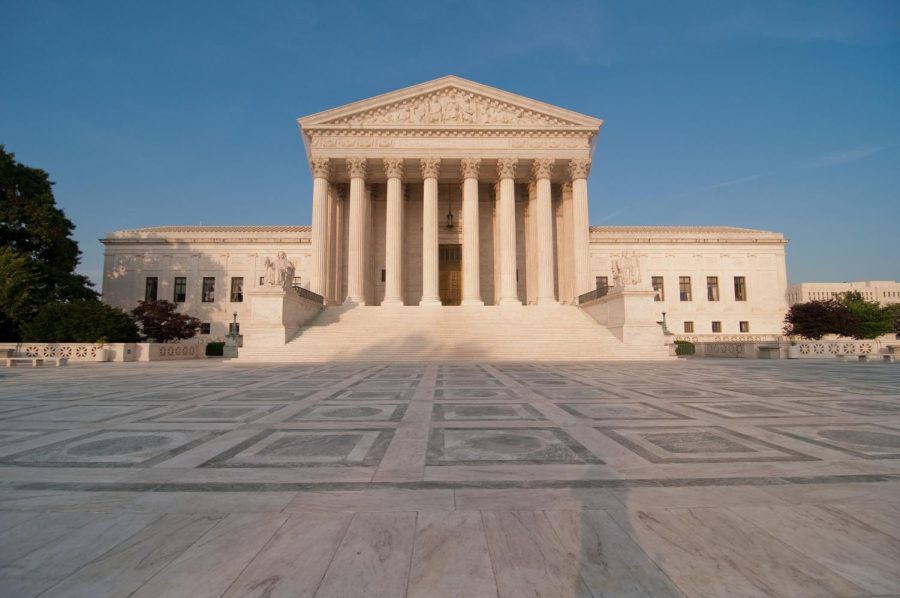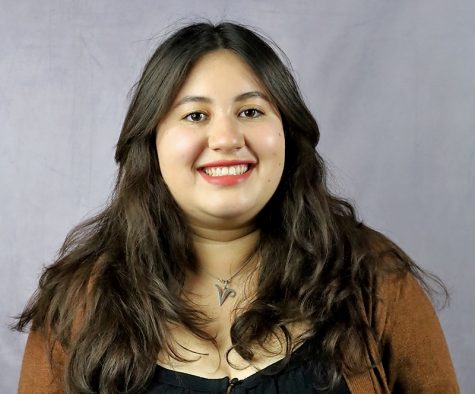An annual poll conducted by Gallup revealed that the public’s confidence in the U.S. Supreme Court has reached a historic low
According to Gallup, only 25 percent of adults in the U.S. have a “great deal” of confidence in the Supreme Court, compared to 36 percent last year.
“I trust they will protect me and my rights, but it is not guaranteed they will,” said Luis Gutierrez, a UTEP graduate student.
The annual poll tracks the public’s confidence in U.S. institutions. Several institutions, including the presidency, suffered a decrease this year, but the Supreme Court received the lowest score.
Some UTEP students agree with the poll results and argue the Supreme Court fails to make decisions that benefit the public’s interest.
“Well, it’s not surprising. The Supreme Court has recently made decisions that have attracted the attention of lots of people in all parts of the country,” Gutierrez said.
The poll results reflect the public’s reaction to the Supreme Court ruling of Dobbs v. Jackson and the overturning of Roe v. Wade that eliminated the constitutional right to abortion in June.
The Supreme Court ruling on abortion access has allowed states to set their abortion laws. Texas’ trigger law criminalizes abortion since fertilization unless the patient faces a life-threatening condition from the pregnancy. Violators can face up to life in prison or a penalty of $100,000.
“I believe people should have control of their rights and their own bodies. I don’t think they are protecting us,” said Naidelyn Alvarez, a UTEP nursing student.
According to Gallup, the second lowest score for the Supreme Court recorded was 30 percent in 2014, which was the year that marked a low point of confidence in most U.S. institutions, with an average of 31 percent.
“Currently, I don’t agree with much of the things that the court is doing right now. Mostly, because it’s old men deciding for a lot of people, and for the whole country itself,” said Dalia Hernandez, a UTEP mechanical engineering student. “The decisions they are making are not ones that can be applied to the living style that we have right now.”
According to Gallup, public confidence has averaged 35 percent since 2006 and has not exceeded 40 percent since then.
“In order to gain confidence back, the court needs to speak for the citizens,” Gutierrez said.
Some students like Hernandez argue the Supreme Court has become very political and religious when deciding about the public’s rights and protections.
“I am someone who really hates the idea of church and politics being together. I want them to be separate,” Hernandez said. “I think religion is something that should not be forced onto people, and for the Supreme Court to go with the church to side with Christian voters is not right.”
After overturning Roe v. Wade, the Supreme Court could review cases regarding same-sex marriage or protections for racial and ethnic minorities.
According to the New York Times, the Supreme Court has agreed to hear two cases challenging affirmative action in college admissions at the University of North Carolina and Harvard.
The Supreme Court has also agreed to hear a case about whether Alabama can draw a new congressional map that sets the majority of Black voters into a single congressional district to decrease their political power. They will also review a case about business regulation, including corporate behavior and climate policy.
Victoria Rivas is a guest contributor and may be reached at [email protected]; @VicRivas_18 on Twitter.












